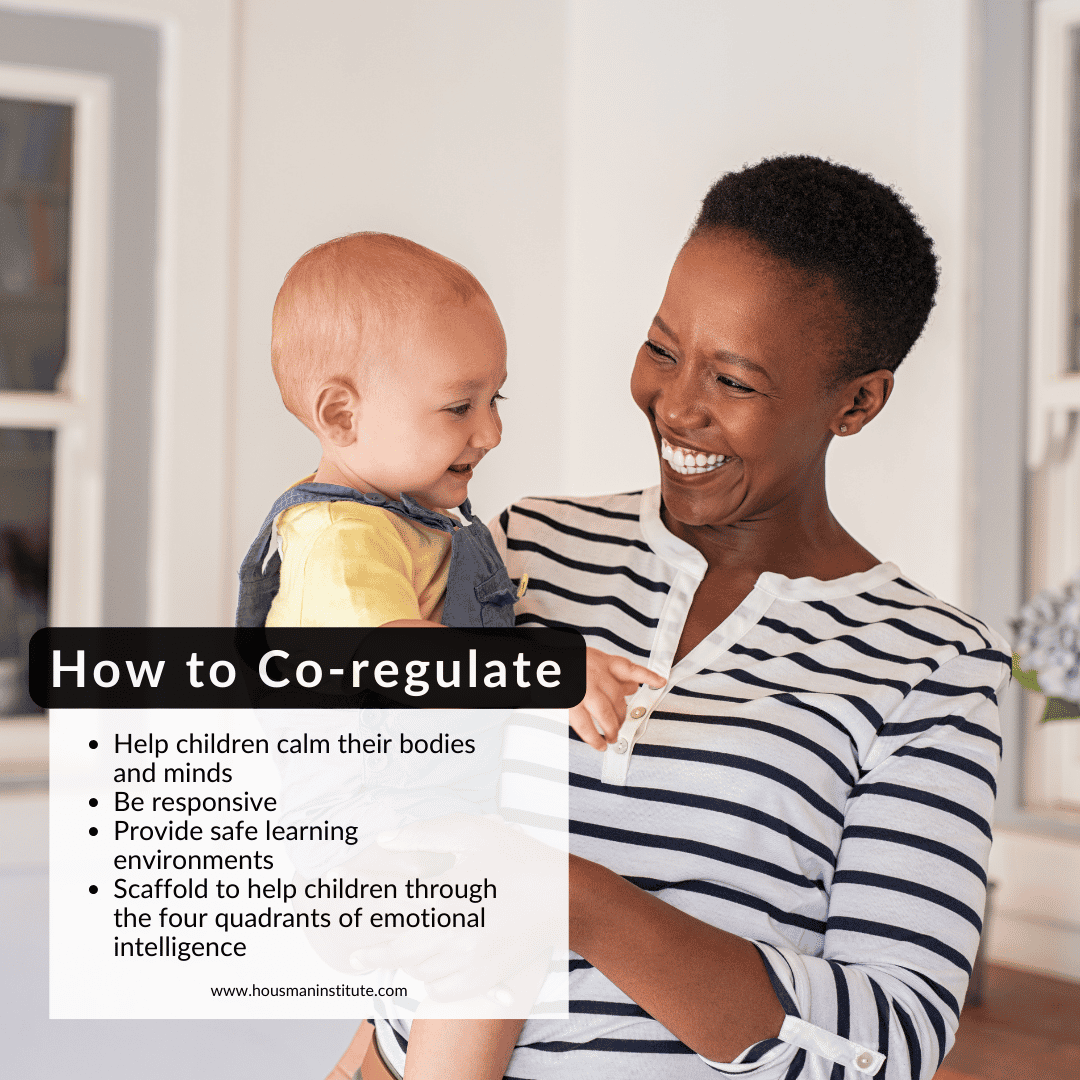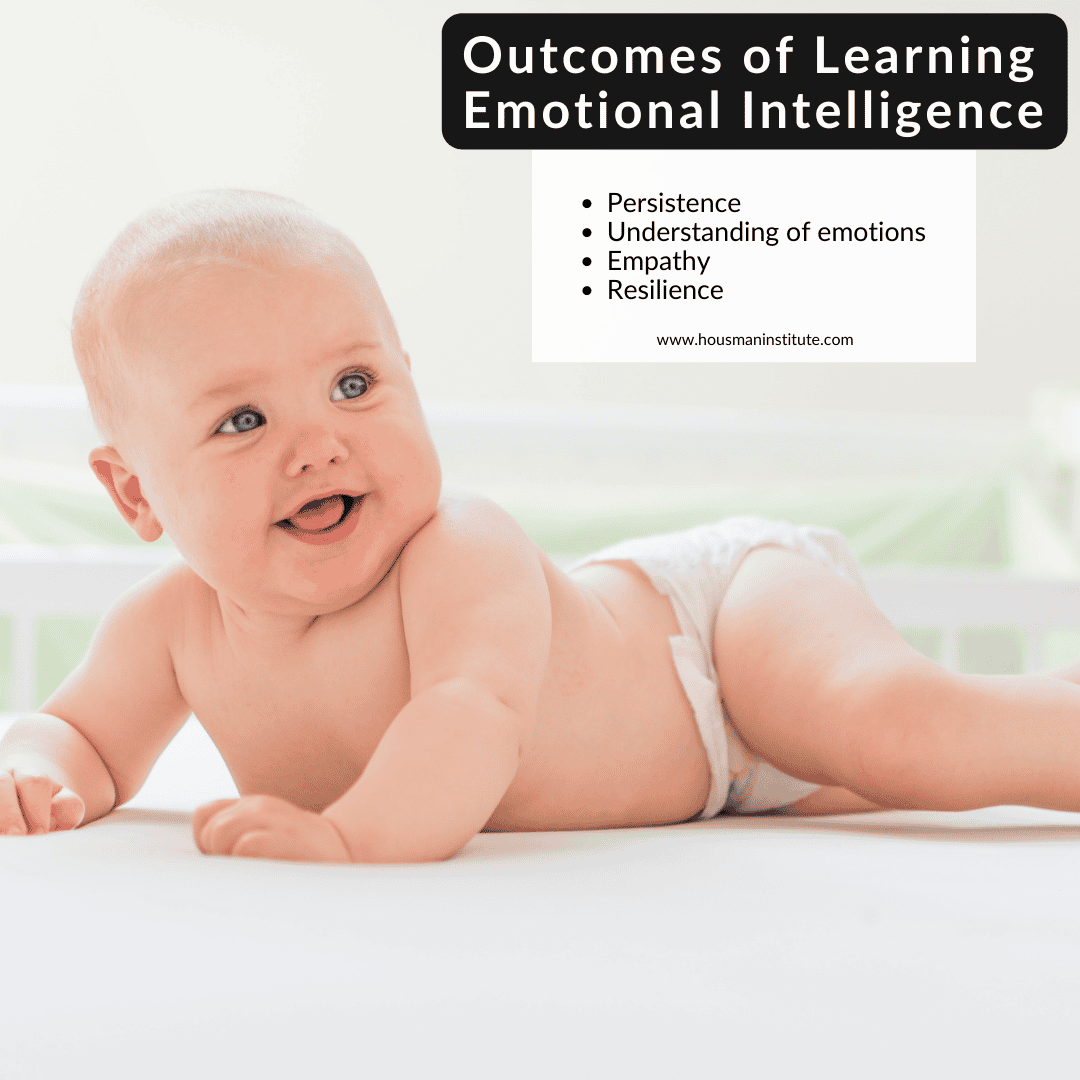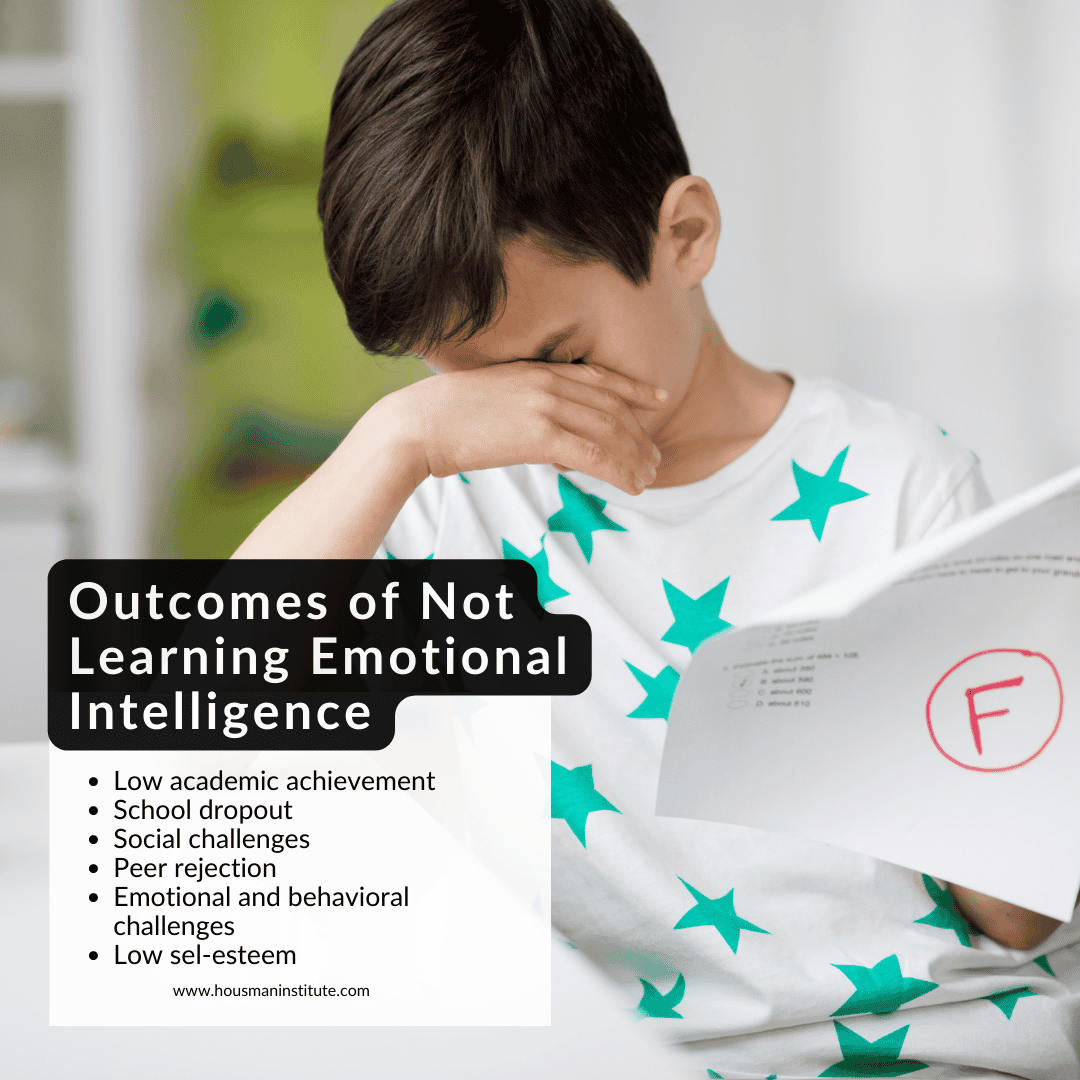
I recently attended the NAEYC Professional Learning Institute and led an interactive session on improving Teacher-Child Interactions and addressing head-on many of the challenges teachers and young children have been experiencing over the past several years. It was a dynamic discussion about the importance of emotional intelligence.
During the first 1,000 days of a child’s life, one million neural connections are forming every second. Responsive relationships and early experiences are shaping young children’s brains and can affect their entire lives.
With the rise in stress and anxiety in young children and infants, disruption in routines, and increased isolation and uncertainty, now more than ever, we adults must focus on being the best guides we can be to help children positively navigate their experiences and emotions for their emotional well-being.
According to the American Academy of Pediatrics, “...safe, stable, and nurturing relationships not only buffer childhood adversity when it occurs but also promote the capacities needed to be resilient in the future.”
Many of the trusted adults and key socializers reading this blog now, i.e. teachers and caregivers, may be thinking, “This sounds easier said than done,” and you’re right! The trusted adults in children’s lives are also experiencing stress, anxiety, and trauma – all experiences that significantly affect your emotions and demand your own emotional regulation before you can support children with theirs.
And children are emotional detectives – they are always observing, picking up on adults’ feelings and how adults are managing their emotions. How trusted adults manage their own big emotions significantly impacts how children learn to manage their own, which is why it’s so important to first take care of yourself. An emotionally dysregulated caregiver cannot provide the emotional support children need.
.png?quality=low&width=1024&height=768&name=Four%20Quadrants%20of%20Emotional%20Intelligence%20(2).png)
This is where emotional intelligence comes in. In order to take care of yourself first, the old oxygen mask rule, you must consider the four quadrants of emotional intelligence:
Now that the trusted adults have committed to their emotional well-being, they can help co-regulate children’s emotions on the path to teaching children self-regulation. Why? Because a child’s brain is essentially hijacked by intense emotions, and they cannot learn. When the amygdala, the feeling part of the brain, is overwhelmed with intense emotions, the prefrontal cortex, the part of the brain that controls executive functions, cannot function properly.
Children’s optimal development occurs within the context of responsive relationships. Through positive, supportive relationships, we can teach children self-regulation, the ability to regulate one’s emotions, thinking, and behavior. Regulated teachers lead to regulated children.

Co-regulation involves responsive interactions between children and their trusted caregivers as key socializers. The support, modeling, guidance, and empathetic responses of adults (both in and out of the heat of the moment), inform children’s understanding, expression, and regulation of their thoughts, feelings & behaviors and includes:

The long-term positive outcomes for children who are taught emotional intelligence from birth are significant. They include:

Conversely, children who are not taught self-regulation and emotional intelligence experience more negative outcomes, including:
It is far easier to prevent than repair.
By dedicating ourselves to managing our own emotions and emotional needs, we can be the responsive and supportive people children need as we engage in co-regulation on the path to self-regulation, teaching them emotional intelligence for emotional well-being and academic success.
Housman Institute, LLC
831 Beacon Street, Suite 407
Newton, MA 02459
info@housmaninstitute.org
(508)379-3012
Explore
Our Products
Legal
Connect
Contact
Join our Mailing List!
Subscribe to receive our newsletter, latest blogs, and ECSEL resources.
We respect and value your privacy.
No Comments Yet
Let us know what you think